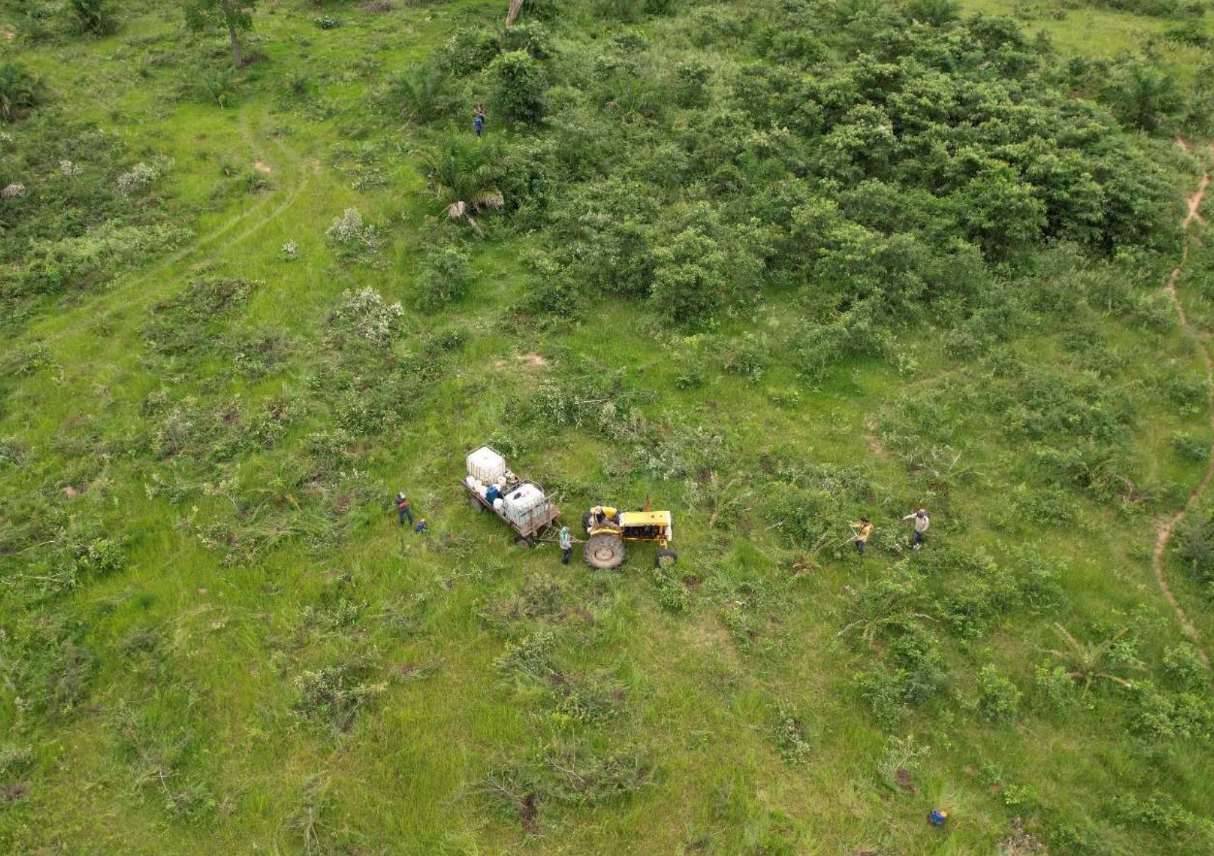FORCED LABOR IN BRAZIL’S BEEF AND TALLOW SUPPLY CHAINS
Forced labor is a widespread and ongoing crisis in the Brazilian cattle industry. Vulnerable workers endure harsh, dangerous conditions on isolated ranches where they face long hours, little to no pay, inadequate shelter, and severe restrictions on their freedom. These ranches supply beef and beef byproducts—including beef tallow—to major meatpacking companies such as JBS, Minerva, and Marfrig, who dominate both the Brazilian and global beef markets.
While the United States is the second largest consumer of Brazilian beef, the report reveals that the biofuel industry’s growing demands have made it the top purchaser of beef tallow, concentrated fat rendered from unused animal parts. The report identifies incidents of forced labor linked to tallow exported to the United States, revealing how tallow’s use in sustainable fuel masks the labor exploitation underpinning this industry.
Our analysis is based on fifteen Brazilian government inspection reports from between 2013 and 2024, which document forced labor at ranches connected to companies that export beef and tallow to the United States. Despite Brazilian labor laws prohibiting such abuses, enforcement remains inconsistent and insufficient. The impact of these abuses extends beyond Brazil, contaminating U.S. markets and supply chains and undermining fair competition.
This report underscores the urgent need for stronger enforcement and transparency in both Brazil and the United States. Addressing the systemic exploitation embedded in cattle supply chains is essential to protect vulnerable workers, preserve critical ecosystems like the Amazon, and ensure fair and sustainable global markets.





